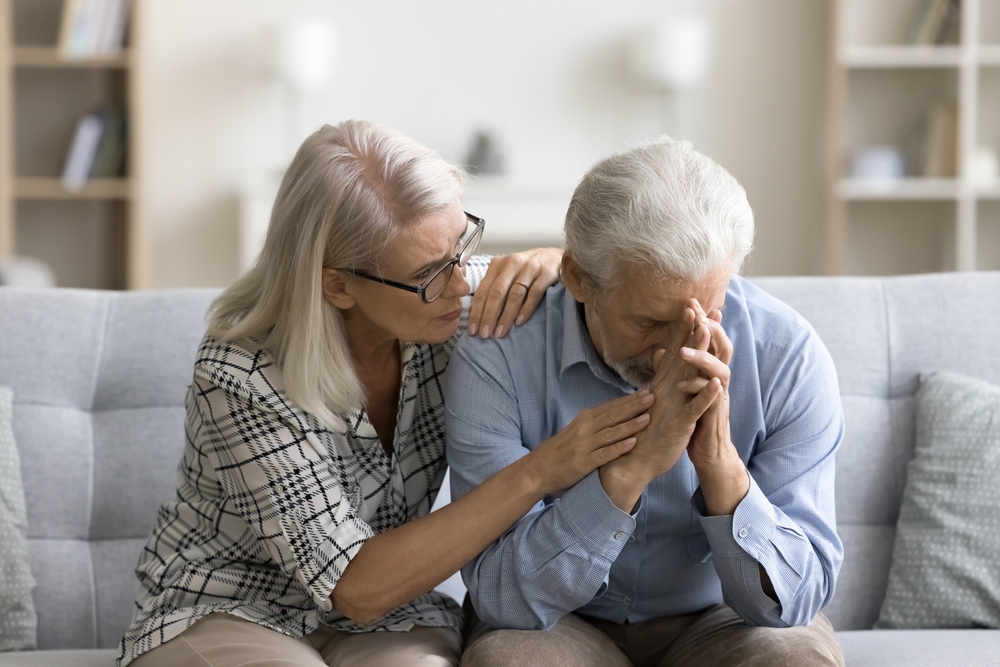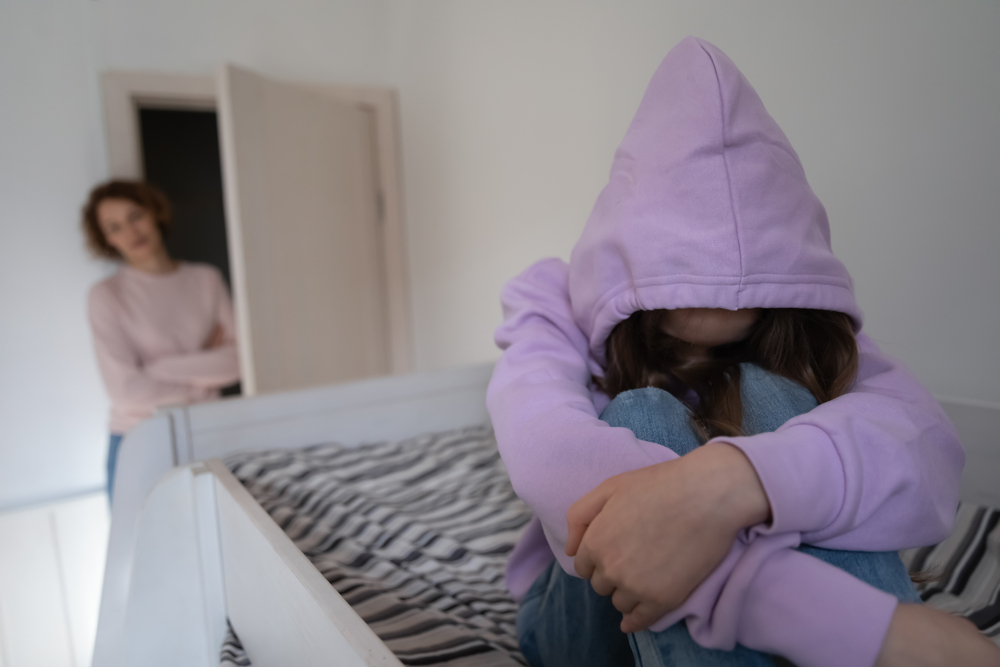The world is coming up on the two-year anniversary of the start of the COVID-19 shutdowns. For many, these last couple of years have been the most demanding of their lives. But those living alone during COVID share another story: one of often uninterrupted loneliness and isolation that only gets harder as time goes on. Here are some suggestions that may help.
You Are Not Alone in Your Loneliness While Living Alone During COVID
If you are facing another year living alone during COVID, it may feel like no one in the world understand what you are experiencing. However, multiple studies have shown that extended social isolation and loneliness can increase your vulnerability to mental disorders like:
- Depression
- Anxiety
- Chronic stress
- Insomnia
- Dementia
Loneliness can even change the way your brain functions. Researchers have found that loneliness can trigger a self-perpetuating cycle of self-blame, low self-worth, dysphoria, lower self-esteem, and even greater loneliness. In normal times, social interactions at work, with friends, at the gym, or simply going about town, can interrupt this cycle and help relieve loneliness. But for those living alone during COVID, too much alone time may truly become too much of a good (or bad) thing.
It’s Okay if Your Experience has Changed Over the Pandemic
Early in the pandemic, many who chose to live alone found the experience reaffirming. While others would tell them they “must be so lonely,” some were finding new comfort in the freedom they experienced within their own household. Yes, there was loneliness, but there was also positivity. In May 2020, Patia Braithwaite, former editor of Self.com explained it like this:
“If I tell you how lonely I am, do I discount some of the sweetness that comes with living alone right now? I don’t have to watch the people I love shirk social distancing measures (I trust they aren’t). I sleep in the center of my bed, walk around naked (or in one of my robes), and consume all my snacks (or wine) in one sitting without anyone judging me. No one smells me if I skip a shower (though I smell me, which isn’t ideal). I play the same song over and over without reproach. I sing loud and off-key. I open my curtains way too early and burn scented candles all damn day. I can’t think of another time in my life when I’ve so unapologetically nourished myself. I might be Virginia Woolf’s wildest dream.”
But by January 2021, her feelings had changed. She wrote:
“Bad days feel heavier than they used to. It can be hard to think about the future or maintain hope.
“Months ago, people who expressed concern annoyed me, but now there are days where I wish someone understood how challenging solitude can be.”
And that’s okay. The ongoing nature of the pandemic, with waves and new rounds of shutdowns and mask mandates can wear on even the most robust introvert. Coping mechanisms that worked before may not be as effective now. You may find yourself facing COVID burnout or wondering if it is worth keeping up the social distancing and isolation. It can be important to adapt and invent new ways to cope with living alone during COVID.
A Psychotherapist Can Help with Feeling Alone During COVID
Often, that will not happen on your own. You will need support. Many who live alone have said that the pandemic has increased their feelings of anxiety or depression. Without someone to vent these feelings to, the spiral of thoughts can quickly become overpowering. Even without a formal diagnosis, feelings of loneliness and isolation can become overwhelming without the help of a therapist who can listen and suggest new strategies to cope.
The struggles facing those living alone during COVID aren’t the same as couples stuck together during the shutdown, or parents overwhelmed by the new balance of home, work, and parenting responsibilities. But that doesn’t mean they are not worthy of attention and respect. If you are feeling overwhelmed, you can text HOME to 741741 and connect with a Crisis Text Line counselor who can support you. You can also contact the National Suicide Prevention Lifeline—1-800-273-8255—to get support if you need it. In less urgent situations, you can reach out to a psychotherapist. By developing a relationship with a mental health professional, you can get access to new tools and receive a temporary reprieve from the loneliness that comes with living alone in a pandemic.
David Stanislaw is a psychotherapist with over 30 years of experience. He helps adults, teens, and children and respond to mental health issues that come from isolation and loneliness. Contact David Stanislaw to get help today.


 6 Ways to Accommodate Your Spouse’s Anxiety
6 Ways to Accommodate Your Spouse’s Anxiety How Long Does Therapy Take?
How Long Does Therapy Take? Helping Kids Cope with Trauma and PTSD
Helping Kids Cope with Trauma and PTSD